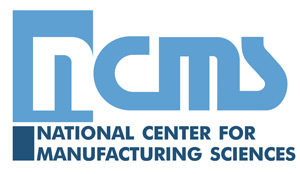Operational Energy Training and Education – Phase II
NCMS Project #: 140936
Problem: The Marine Corps has engaged industry to develop capabilities that reduce their overall energy demand. For new technologies to be successful, all people must value energy as a critical resource, understand how these technologies strengthen their ability to carry out daily activities, and be motivated to make necessary changes to existing operational procedures to maximize benefits. This is especially true in the maintenance and sustainment communities.
Benefit: The benefits of energy efficiency and economic development can be further amplified through energy awareness and policies that ensure that the general public receive more economic benefits from energy efficiency. The economic benefits of energy education and efficiency extend far beyond maintenance and sustainment within the DoD. Staff are not only saving money in the way of lower fuel and electricity costs, they also help lower maintenance and sustainment costs, as these energy efficient practices reduce wear and tear on equipment and weapons systems.
Solution/Approach: The Marine Corps is developing future logistical strategies for the battlefield and tactics, techniques, and procedures begun in Phase I will expand and populate through additional Military Occupational Specialty communities in Phase II. Phase II of the USMC Operational Energy Training and Education insertion effort will be performed in two-parts:
- Continued Operational Energy insertion in the Motor Transport Training and Education Continuum
- Research and analysis for Operational Energy insertion into the Engineer Training and Education Continuum with a focus on the Bulk Fuel Officer (1390) and enlisted Marine (1391).
Impact on Warfighter:
- Reduced maintenance and sustainment costs
- Strengthen organizational framework and energy-informed workforce
DOD Participation:
- U.S. Marine Corps
Industry Participation:
- Booz Allen Hamilton
- NCMS
Benefit Area(s):
- Cost savings
- Maintenance avoidance and reliability
- Improved readiness
- Energy efficiency
Focus Area:
- Energy, environmental, health, and safety
